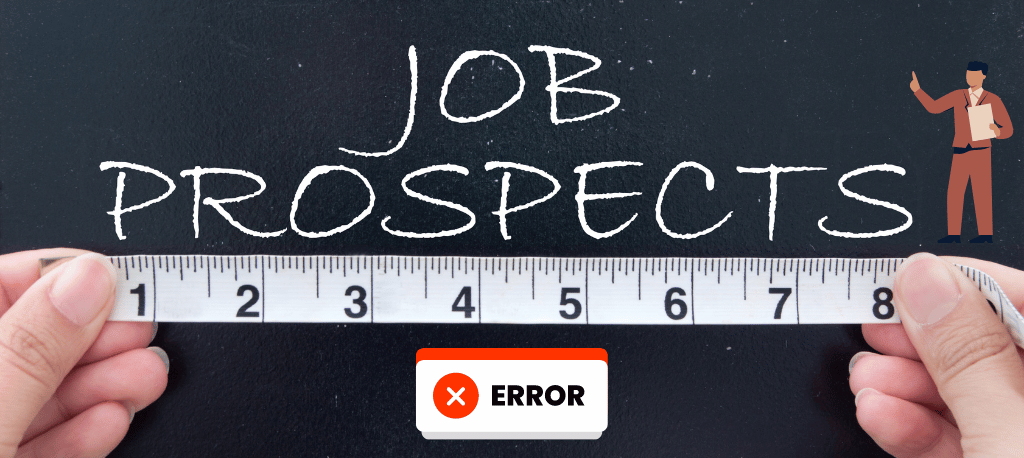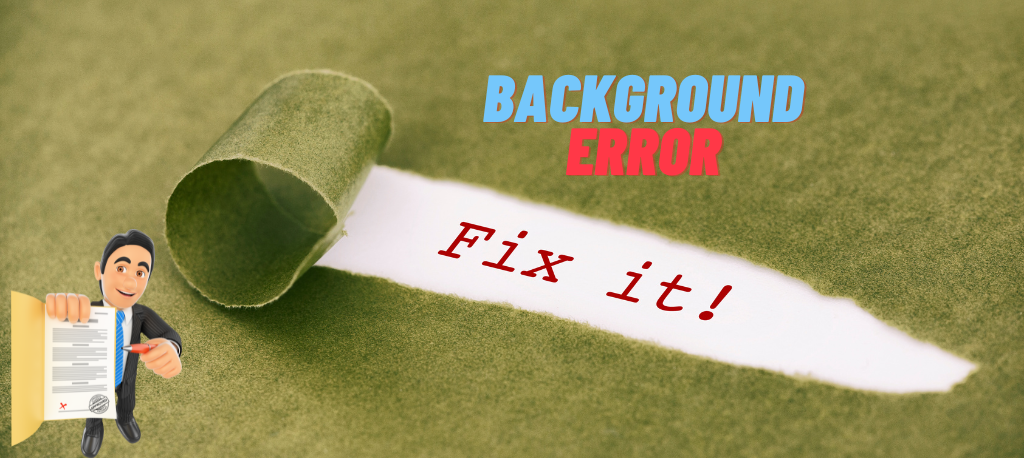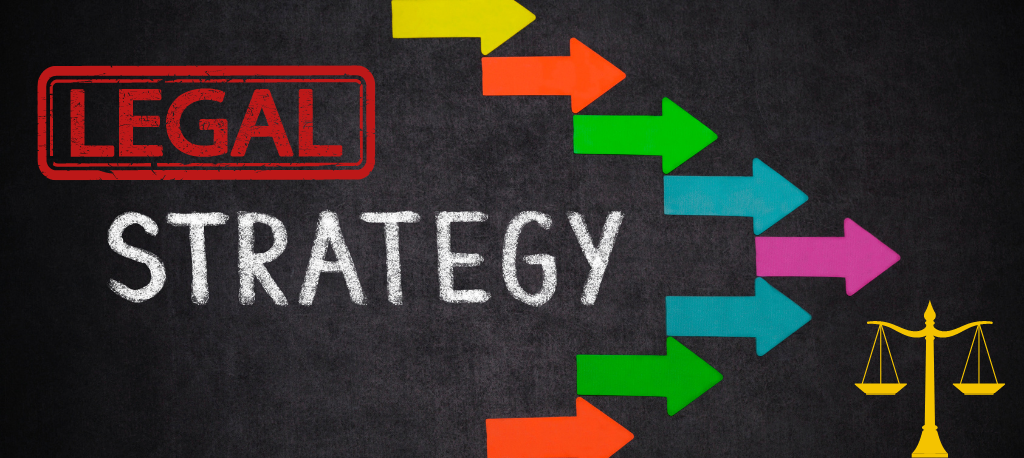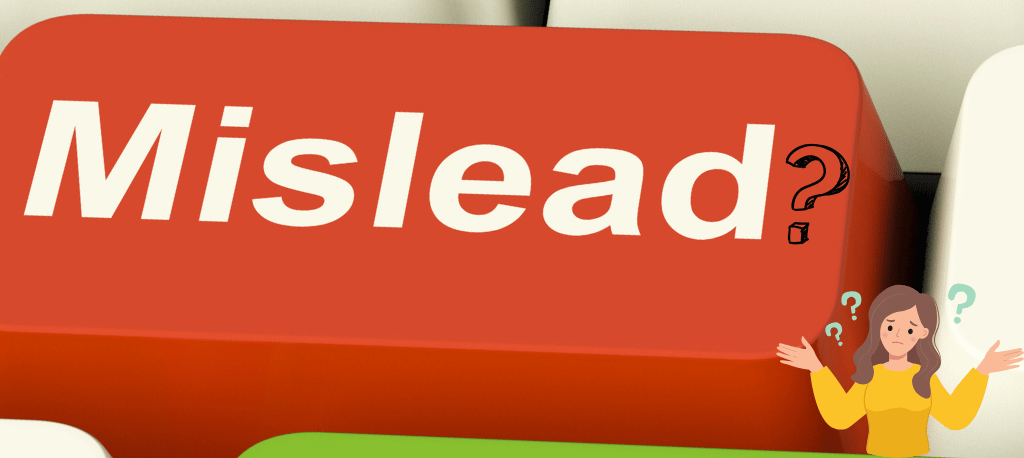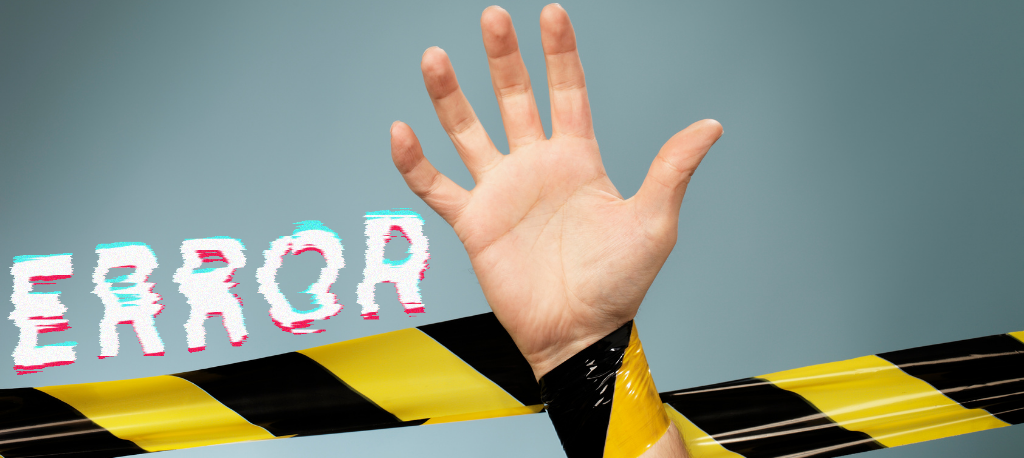When applying for a job, employers often conduct background checks to assess a candidate’s history and verify their credentials. These checks can encompass a wide range of information, which can significantly impact job prospects. Understanding what can be included in a background check report is crucial for job seekers to ensure accuracy and address any potential issues.
Criminal Records: Employers typically look at criminal history to gauge any potential risk. This includes arrests, charges, convictions, and incarcerations. However, the specifics can vary depending on state laws and the nature of the job. For instance, some states prohibit employers from considering arrests that did not lead to convictions.
Employment History: Verification of previous employment details, such as job titles, dates of employment, and reasons for leaving, is common. Employers want to ensure that candidates have the experience and skills they claim to possess. Any discrepancies in this area can raise red flags.
Educational Background: Employers may verify degrees, certifications, and institutions attended to confirm educational qualifications. This step is particularly important for positions requiring specific degrees or professional certifications.
Credit Reports: For positions involving financial responsibilities, employers might review credit reports to assess financial stability and reliability. While this practice is more common in financial industries, other sectors may also consider it.
Driving Records: For roles that involve driving, such as delivery drivers or sales positions, employers often review driving records to check for violations, accidents, or suspensions.
Professional Licenses: Verification of professional licenses and credentials is essential for positions in fields like healthcare, law, and finance. Employers ensure that candidates hold valid and up-to-date licenses required for the job.
Social Media Activity: Increasingly, employers are examining candidates’ social media profiles to understand their character and behavior. While this practice is controversial, it is becoming more common in the hiring process.
Background Checks and Credit Reports
Credit reports are a significant aspect of background checks, especially for roles involving financial management or sensitive information. Employers use credit reports to evaluate a candidate’s financial responsibility, which they believe can reflect on their trustworthiness and reliability.
What Employers Look For: Employers focus on credit history, including outstanding debts, payment history, bankruptcies, and foreclosures. A history of financial instability might raise concerns about a candidate’s ability to manage company resources responsibly.
Legal Considerations: The Fair Credit Reporting Act (FCRA) governs how employers can use credit reports in background checks. Under the FCRA, employers must obtain written consent from the candidate before accessing their credit report. Additionally, if an employer decides not to hire someone based on their credit report, they must provide the candidate with a copy of the report and a summary of their rights.
Potential Issues: Credit report errors can occur, leading to inaccurate representations of a candidate’s financial history. Common errors include incorrect personal information, outdated accounts, and fraudulent activity. These errors can unfairly impact a candidate’s job prospects if not addressed promptly.
Addressing Errors: It is crucial for job seekers to regularly review their credit reports for accuracy. If errors are found, they should be disputed with the credit reporting agencies. This process involves submitting a dispute letter along with supporting documentation to correct any inaccuracies.
Your Rights Under the Fair Credit Reporting Act
The Fair Credit Reporting Act (FCRA) is a federal law that regulates how consumer information, including background checks, is collected, used, and shared. Understanding your rights under the FCRA can help you protect your personal information and address any issues that may arise during the background check process.
Right to Consent: Employers must obtain your written consent before conducting a background check. This consent is usually obtained through a separate document, distinct from the job application. Without your consent, employers cannot legally access your background information.
Right to Disclosure: If an employer uses information from a background check to take adverse action, such as not hiring you, they must inform you. They must also provide you with a copy of the background check report and a summary of your rights under the FCRA. This allows you to review the information and dispute any inaccuracies.
Right to Correct Inaccuracies: If you find errors in your background check report, you have the right to dispute them with the background check company. The company must investigate your dispute, correct any inaccuracies, and notify you of the results. This process ensures that your background information is accurate and up-to-date.
Right to a Free Report: You are entitled to a free copy of your background check report if an employer takes adverse action against you based on the information in the report. Additionally, you have the right to request a free report from the background check company once every 12 months.
Right to Limit Access: The FCRA limits who can access your background information. Only individuals and organizations with a legitimate need, such as potential employers, can obtain your report. This helps protect your privacy and ensures that your information is not misused.
How to Dispute a Background Check Error
Discovering an error on your background check can be stressful, especially if it affects your job prospects. However, the FCRA provides a clear process for disputing and correcting these errors. Here’s a step-by-step guide to help you navigate this process:
- Obtain a Copy of Your Report: If you haven’t already, request a copy of your background check report from the company that conducted it. You are entitled to a free copy if an adverse action has been taken against you based on the report.
- Identify the Errors: Carefully review your report for any inaccuracies or discrepancies. Common errors include incorrect personal information, outdated or incomplete records, and information that does not belong to you.
- Gather Supporting Documentation: Collect any documents that support your claim. This might include court records, credit reports, or correspondence with previous employers. Accurate and thorough documentation strengthens your case.
- File a Dispute: Contact the background check company to file a dispute. This can usually be done online, by mail, or over the phone. Provide a detailed explanation of the error, including any supporting documentation.
- Notify the Employer: Inform the employer who requested the background check about the dispute. Provide them with a copy of your dispute letter and any supporting documents. This keeps them informed and ensures they are aware of the potential inaccuracies.
- Follow Up: The background check company is required to investigate your dispute within 30 days. They will contact the information source to verify the accuracy of the disputed information. After the investigation, the company must provide you with the results and a free copy of the corrected report if changes are made.
- Consider Legal Action: If the background check company fails to correct the errors or does not respond to your dispute, you may need to seek legal advice. An attorney specializing in consumer rights can help you understand your options and take appropriate legal action if necessary.
Legal Solutions for Background Check Error Disputes
When errors on a background check report threaten your job prospects, understanding your legal options is crucial. Legal solutions can provide recourse and ensure your rights are protected. Here are some steps to consider:
Consult an Attorney: If you encounter significant issues with your background check, consulting an attorney who specializes in employment law or consumer rights can be beneficial. They can provide expert advice, help you understand your rights, and guide you through the legal process.
File a Complaint with the FTC: The Federal Trade Commission (FTC) oversees the enforcement of the FCRA. If you believe your rights have been violated, you can file a complaint with the FTC. This can prompt an investigation into the background check company or employer.
Take Legal Action: In cases where errors are not corrected or adverse actions are taken based on inaccurate information, you may have grounds for a lawsuit. Under the FCRA, you can sue for damages, including lost wages, emotional distress, and attorney’s fees. An experienced attorney can help you determine if legal action is warranted.
Seek Equitable Relief: In addition to monetary damages, courts can provide equitable relief, such as ordering the background check company to correct your report or the employer to reconsider their hiring decision. This can help rectify the situation and improve your job prospects.
Know Your State Laws: Some states have additional protections beyond the FCRA. These laws can provide further recourse if you encounter issues with your background check. An attorney familiar with state-specific regulations can help you navigate these additional protections.
In conclusion, background check mistakes can significantly impact your job prospects, but understanding your rights and the steps to dispute errors can help protect your career. Regularly reviewing your background information, addressing inaccuracies promptly, and seeking legal advice when necessary can ensure that your job search is not hindered by incorrect information. By staying informed and proactive, you can navigate the background check process with confidence and safeguard your employment opportunities.
Conclusion: Sanders Law Group Can Help
Navigating the complexities of background check errors can be daunting, but you don’t have to face this challenge alone. At Sanders Law Group, our experienced attorneys are dedicated to fighting for your rights and ensuring that your background check report is accurate and error-free. With over $13 million in settlements recovered, our track record speaks for itself.
At Sanders Law Group, we understand the significant impact that background check errors can have on your career and personal life. That’s why we offer our services at no cost to you. Our Google 5-star rated and BBB A+ rated lawyers can fix background reports and seek compensation for damages caused by these errors. If your employment or other opportunities have been adversely affected due to inaccuracies in your background check, we will work tirelessly to correct these mistakes and recover the damages you deserve.
We believe in transparency and client satisfaction, which is why we provide a free instant case review. Let us take the burden off your shoulders and ensure that your background check reflects your true history. If you’ve been denied a job or housing due to an inaccurate background check, contact Sanders Law Group today to get started on getting you compensation for inaccurate background checks and reclaim your future.
We’ll Sue For Damages & We Fix Your Report, At No Out-of-Pocket Cost to You.
Get Your Free Instant Case Review Today!
Don’t let background check errors stand in the way of your success. Trust Sanders Law Group to provide the knowledge and dedication needed to clean up your background check report and protect your rights. With our experienced team by your side, you can confidently move forward, knowing that your background is accurately represented and your future is secure.


